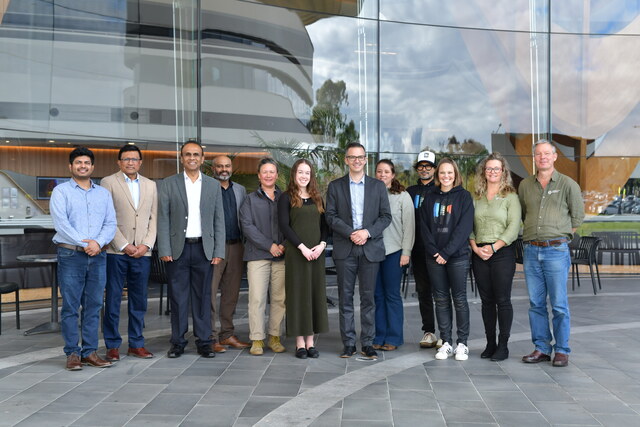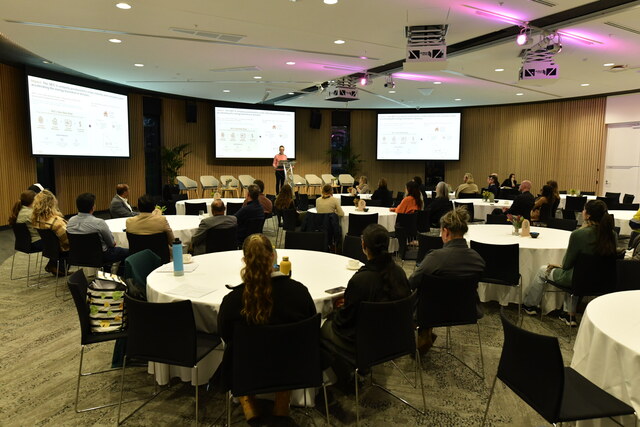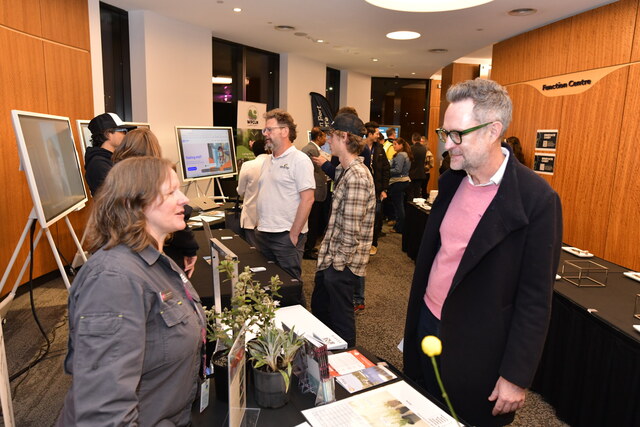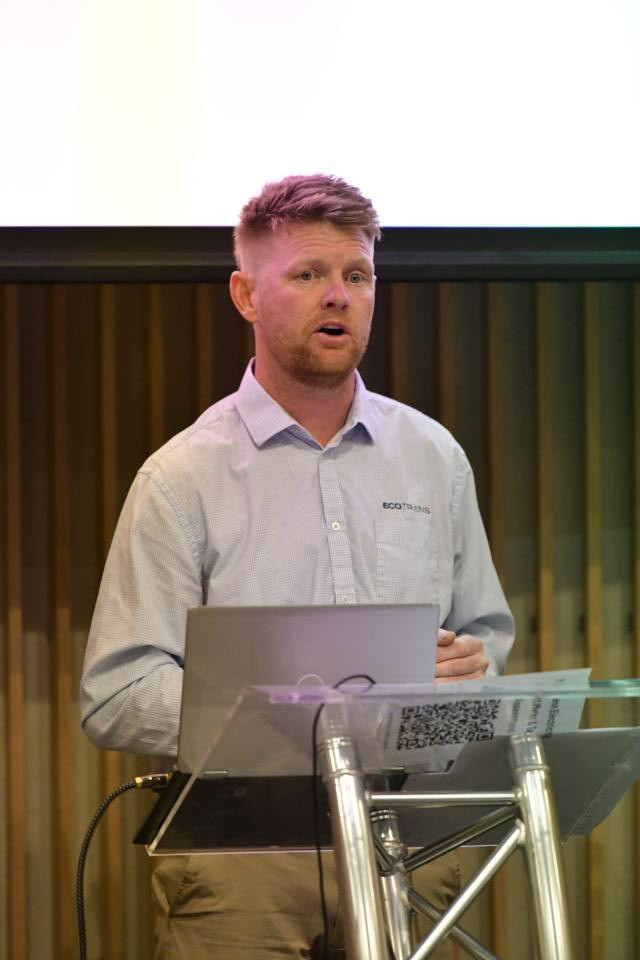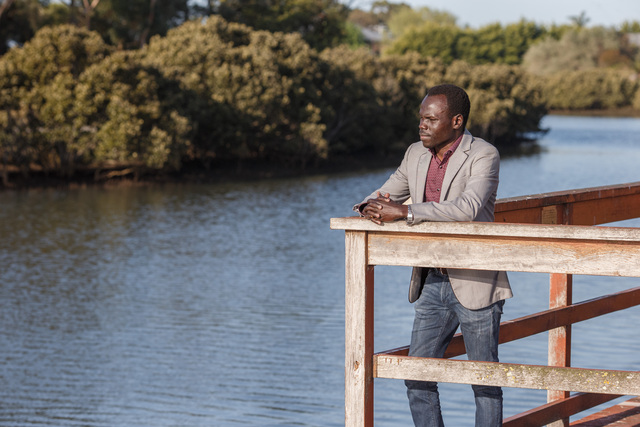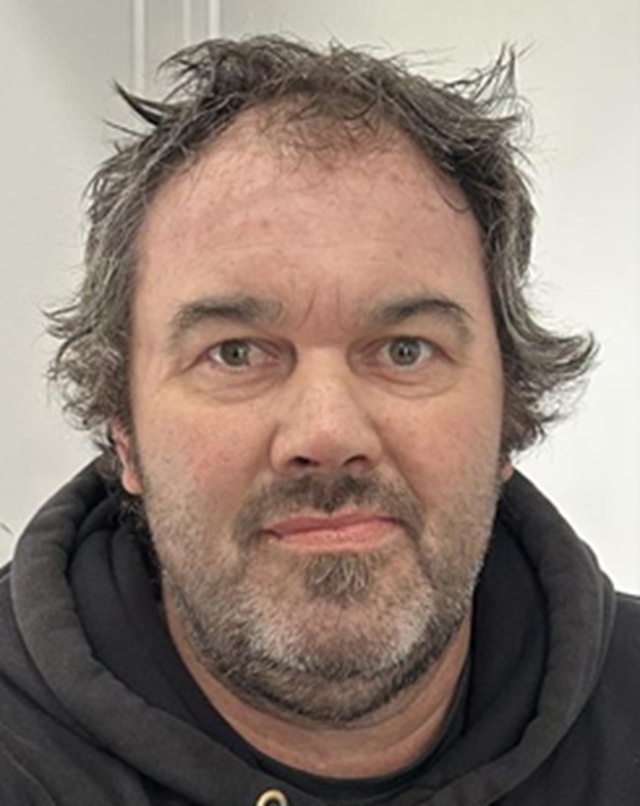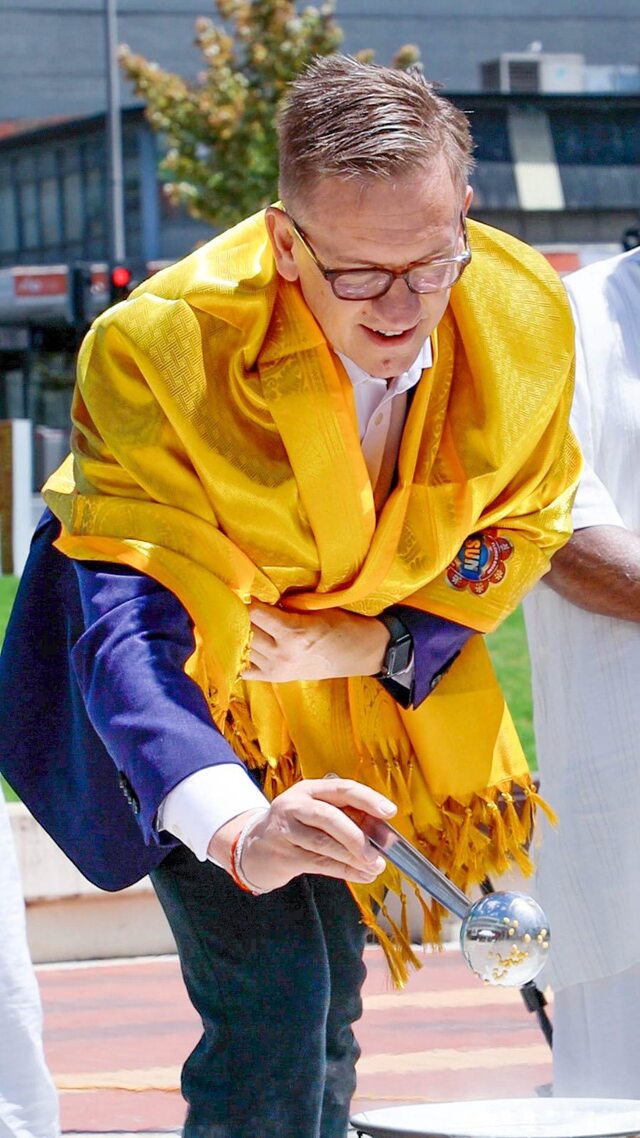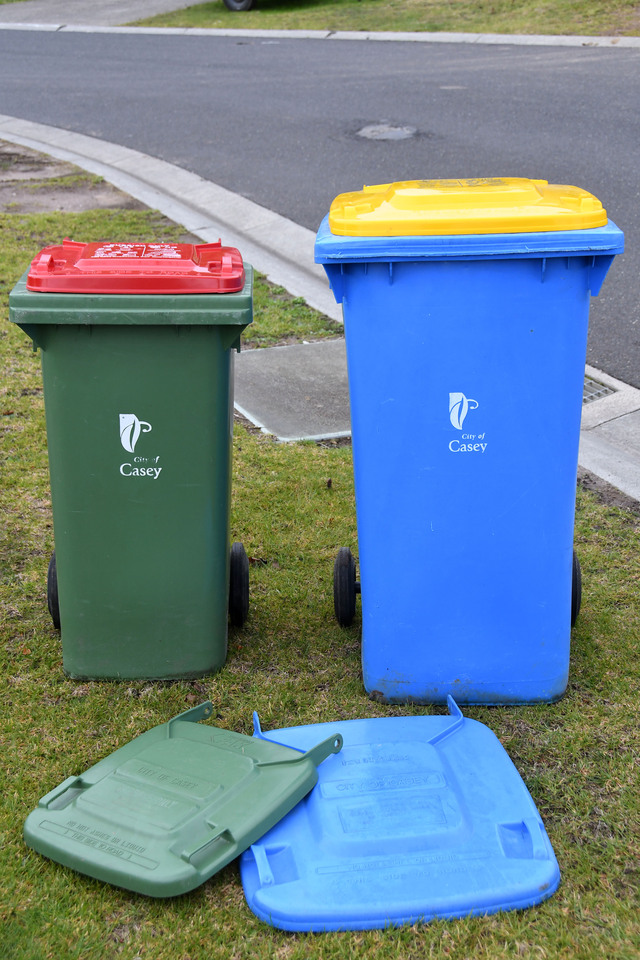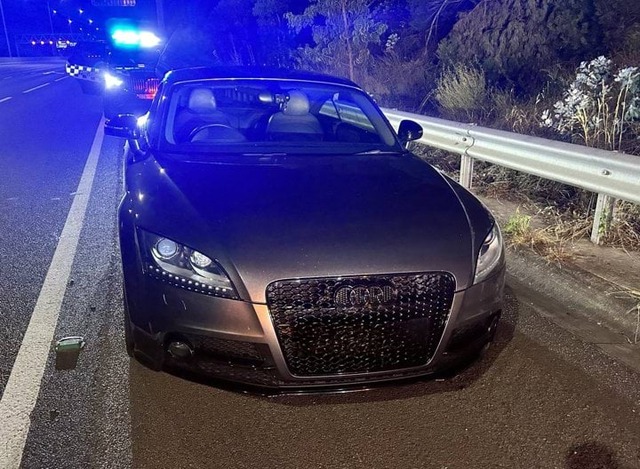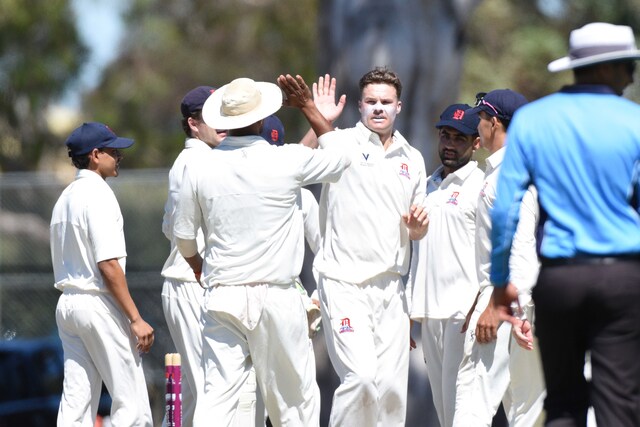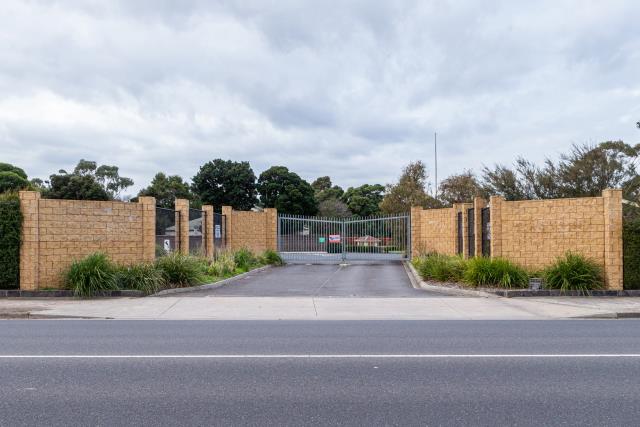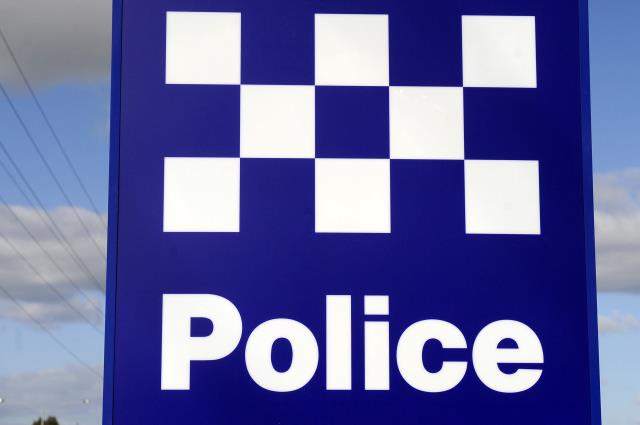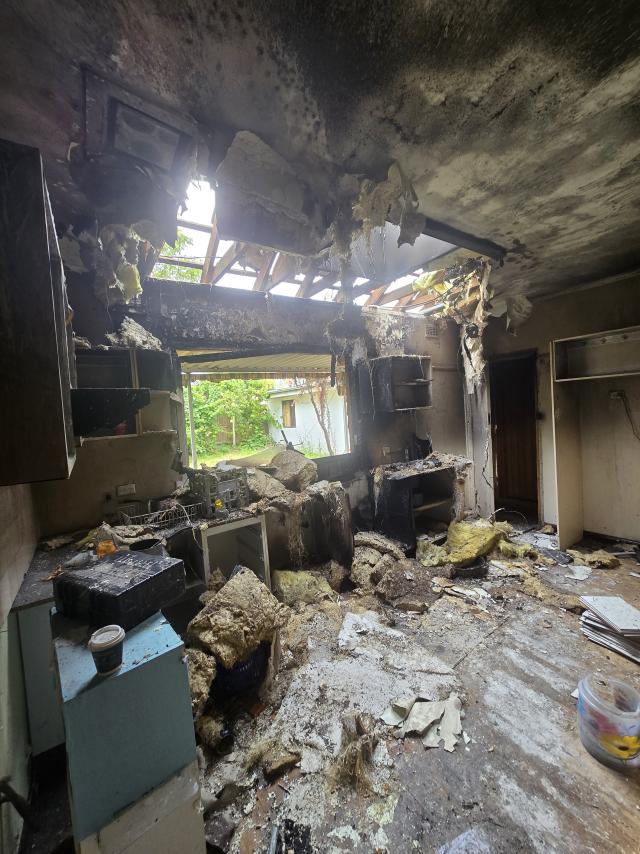As the State Government’s Landfill Levy will go up by about 30 per cent in the coming new financial year, a local waste management expert is sharing sustainable practices for Casey businesses to reduce waste and lower operational costs.
Jason Styles, director of local business Ecotrans, attended the Innovate Casey last Thursday to speak at the Waste Smart Business session.
The session delved into innovative ways Casey businesses were reducing waste, lowering operational costs, and embracing more sustainable practices.
It showcased real-life examples of how going green could also make great business sense.
Ecotrans is a construction waste and site cleaning provider, which won the Casey Business Awards Environmental Sustainability Practices Award in 2023.
Mr Styles said that between now and the next 10 days is the best time for businesses to think about how to reduce waste and lower operational costs, as he cited the news that the State Government Landfill Levy would go up on 1 July from $129.27 to $169.79 per tonne for municipal and industrial waste in the metropolitan area.
The first thing he would suggest is to create a measurable target, which is what he does in his business.
“My advice would be to just start somewhere. Let’s say it’s cardboard or let’s say it’s plastic. You just set one target for one week and see if that’s achievable, rather than flood yourself with all these ideas,” he said.
“Set one idea, something that’s manageable, and something that you can measure. Depending on your business, pick a waste stream and focus on one waste stream.
“It can be simple, and just try and remove that from your waste.
“I’m picking a plumber’s here, Polypipe is recyclable, cardboard’s recyclable, your bricks and concrete are recyclable when they’re separate. So, I guess it’s something to look at, that each of those items is a recyclable resource when they’re separate, but when they’re commingled, they go to landfills.”
He also said consultants were not always a must.
“You don’t have to engage consultants. Consultants can be good, but the information can be found everywhere,” he said.
“I would discourage using consultants and encourage taking one step at a time.”
Mr Styles said the biggest challenge for businesses to implement waste-smart practices is the laziness to seek the information.
“I think the challenge is laziness amongst employees. I guess it’s the movement amongst the managers and directors to say, hey, we’re doing it and sticking to doing it,” he said.
“When the cost of waste increases, there becomes a bigger need to recycle or create some better waste streams. That’s the incentive behind putting the price up.
“The challenge is literally just starting.”
Innovate Casey, hosted by Casey Council on Thursday 12 June, aims to showcase and celebrate innovative sustainability initiatives within the community and local businesses.
The event this year also had an Energy Smart Business session that talked about how businesses could save on electricity bills by adopting smart energy-efficient solutions. Experts shared how technology and simple operational changes could significantly reduce energy waste and improve bottom lines.
Casey’s Climate Action Living Lab partners were also invited to discuss cutting-edge methods to tackle climate change and support biodiversity, community safety, and renewable energy.

